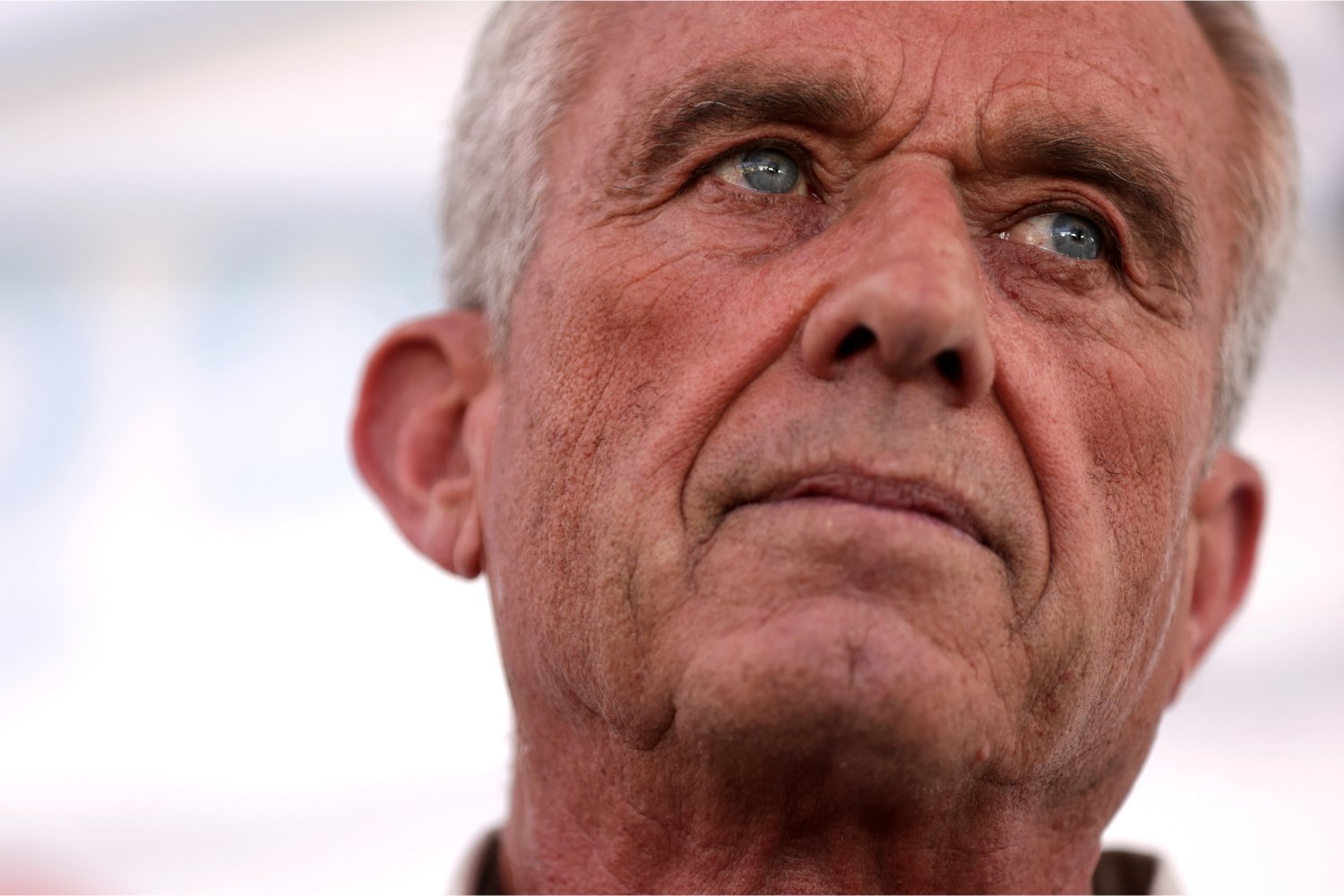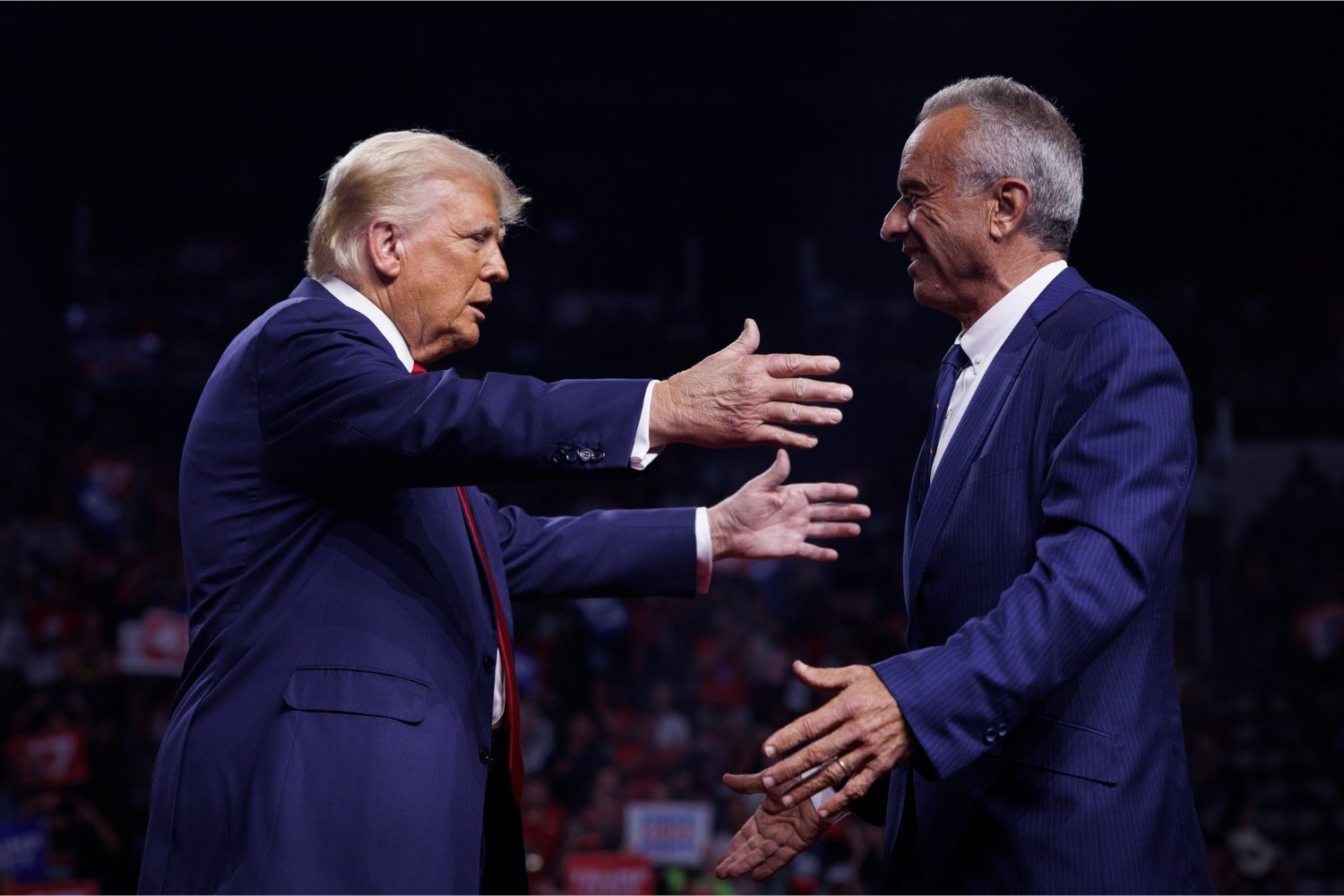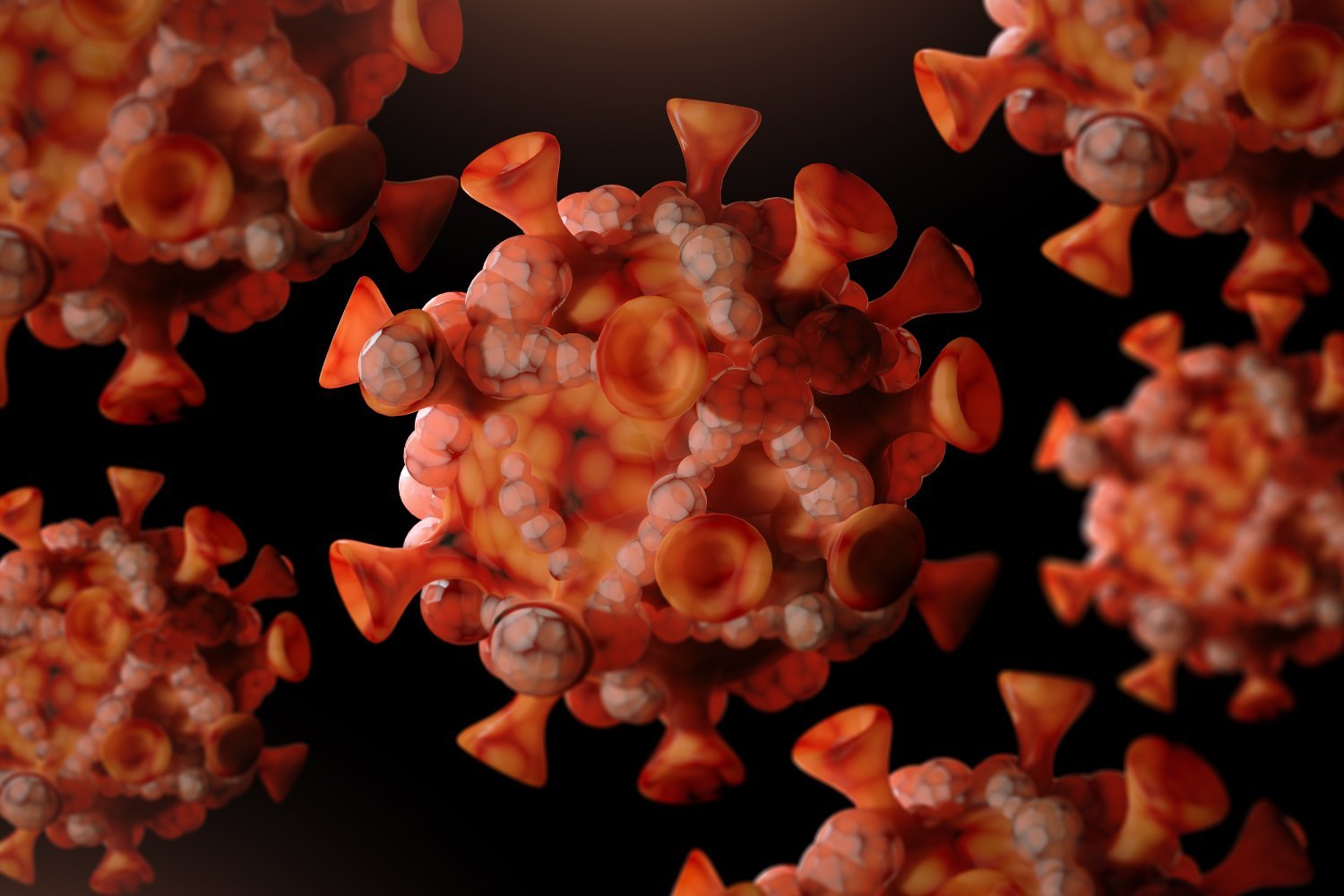Donald Trump’s nomination of Robert F. Kennedy Jr. to head the Department of Health and Human Services (HHS) has sparked significant controversy. This move, announced late Thursday, would place Kennedy in charge of crucial agencies like the Centers for Disease Control and Prevention (CDC) and the Food and Drug Administration (FDA), raising concerns about the future of public health in the United States.
Kennedy’s long-standing crusade against established scientific consensus, particularly regarding vaccines, has drawn widespread criticism. His nomination, despite previous denials from Trump’s transition team, aligns with Trump’s embrace of Kennedy during the recent election campaign. Trump’s promise to let Kennedy “make America healthy again” clashes starkly with Kennedy’s track record, which raises serious doubts about his ability to improve public health.
Kennedy’s Anti-Vaccine Stance and its Potential Impact
Perhaps the most alarming aspect of Kennedy’s potential leadership at HHS is his prominent anti-vaccine advocacy. As the former head of Children’s Health Defense, he has been a key figure in the anti-vaccination movement. His involvement with anti-vaccine activists in Samoa in 2019, prior to a devastating measles outbreak that claimed the lives of at least 83 people, mostly children, raises serious questions about his influence. Despite denying any responsibility for the tragedy, Kennedy’s visit and support for local activists were cited by healthcare professionals as a galvanizing force. He continues to promote the thoroughly debunked link between vaccines and autism, a belief that Trump himself has seemingly endorsed in the past. Kennedy’s potential influence at HHS could negatively impact vaccination rates through policy changes or further amplification of anti-vaccine sentiment.
Beyond Vaccines: A Broader Anti-Science Agenda
Kennedy’s anti-science rhetoric extends beyond vaccines. He has expressed concerns about fluoride despite the scientific consensus supporting its safety at recommended levels. He has also questioned the established link between HIV and AIDS and even suggested a connection between a “gay lifestyle” and the AIDS epidemic.
Furthermore, Kennedy has made unsubstantiated claims about the origins of diseases like HIV and the 1918 flu pandemic, implicating botched vaccine research. He has also suggested that COVID-19 was bioengineered to target certain racial groups while sparing others. He has even promoted the conspiracy theory of chemtrails, the belief that airplanes are deliberately releasing harmful chemicals into the atmosphere.
Even when addressing legitimate health concerns like unhealthy diets, Kennedy tends to misdirect blame. He has criticized seed oils as a major contributor to poor health despite a lack of scientific evidence supporting this claim. Meanwhile, he overlooks more significant dietary risks like excessive sugar, salt, and fat consumption in processed foods.
From Fringe Ideas to Mainstream Politics
While Kennedy’s views were once supported by a diverse group, his backing has shifted predominantly to the right. His nomination to HHS faces potential opposition even within the Republican party, primarily due to his previous pro-choice stance. However, if confirmed, his agenda will likely find support within the GOP.
Kennedy’s nomination raises serious concerns about the future direction of public health policy in the United States. His history of promoting unsubstantiated claims and undermining scientific consensus suggests that his leadership at HHS could have detrimental consequences for the health and well-being of Americans.
Conclusion
The nomination of Robert F. Kennedy Jr. to lead the HHS represents a potential turning point for American public health. His long-standing skepticism towards established science, particularly in areas like vaccination, raises serious concerns about the future of health policy and the well-being of the population. Whether his nomination is confirmed or not, the controversy surrounding his appointment highlights the ongoing tension between scientific evidence and misinformation in public discourse. It remains to be seen how this tension will play out and what impact it will have on public health in the years to come.











